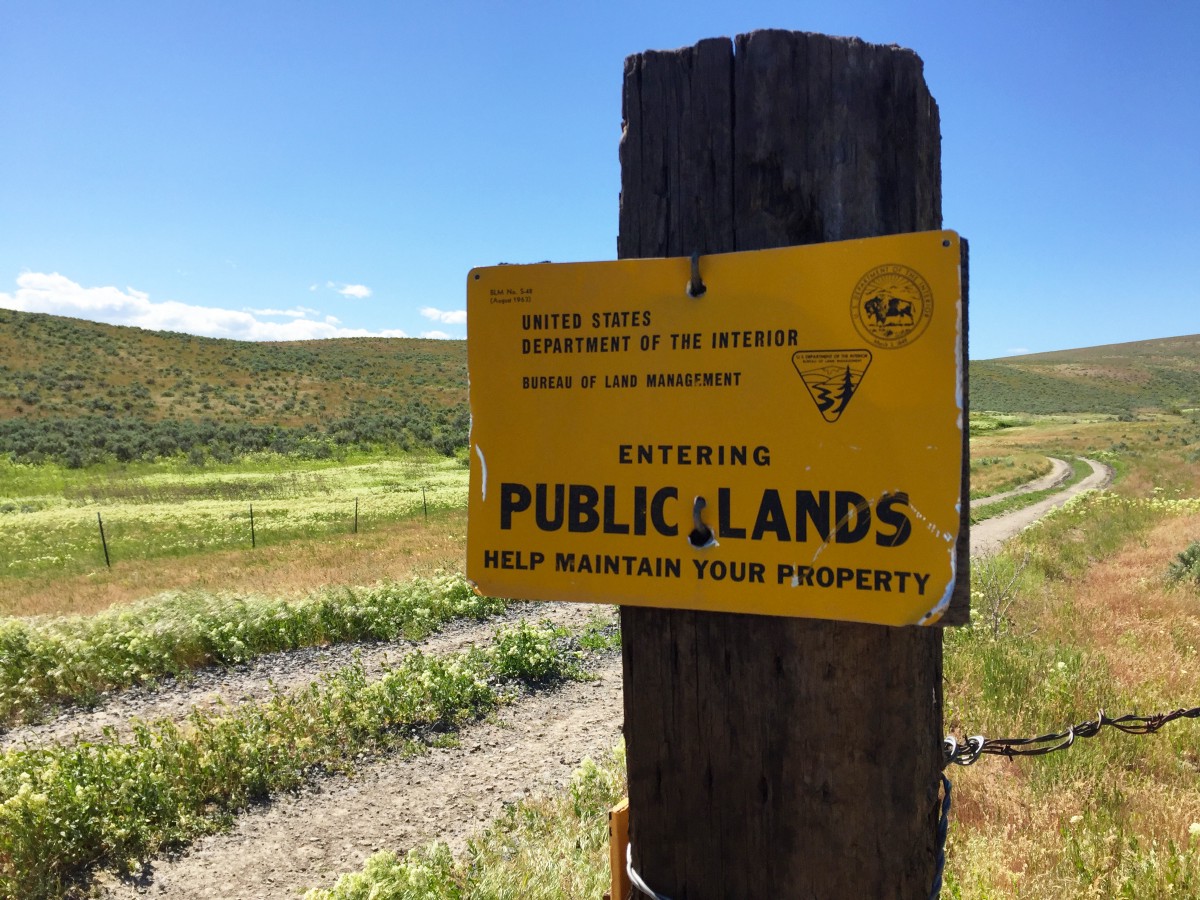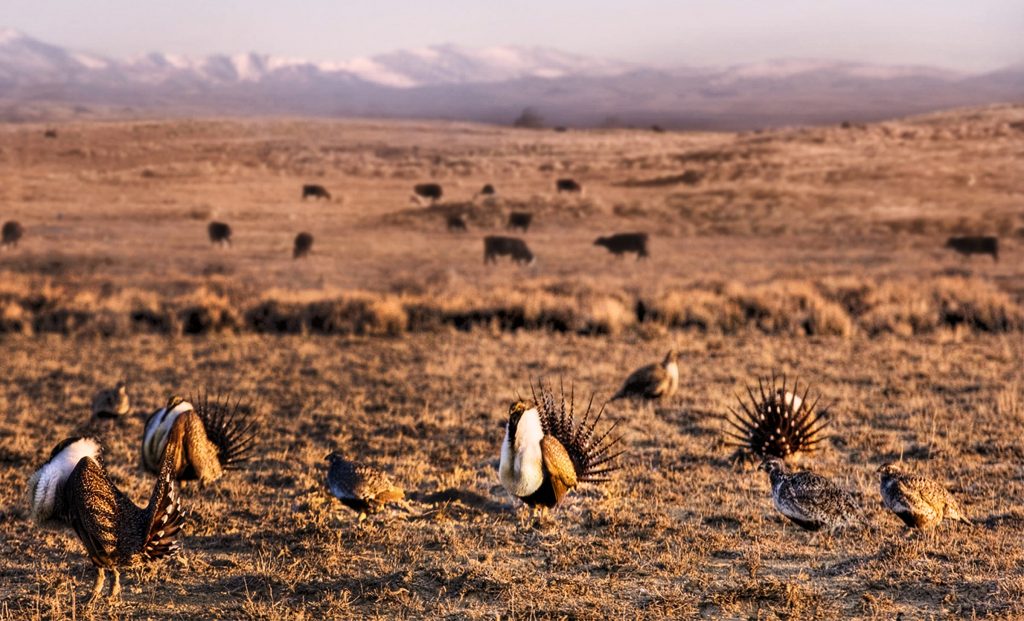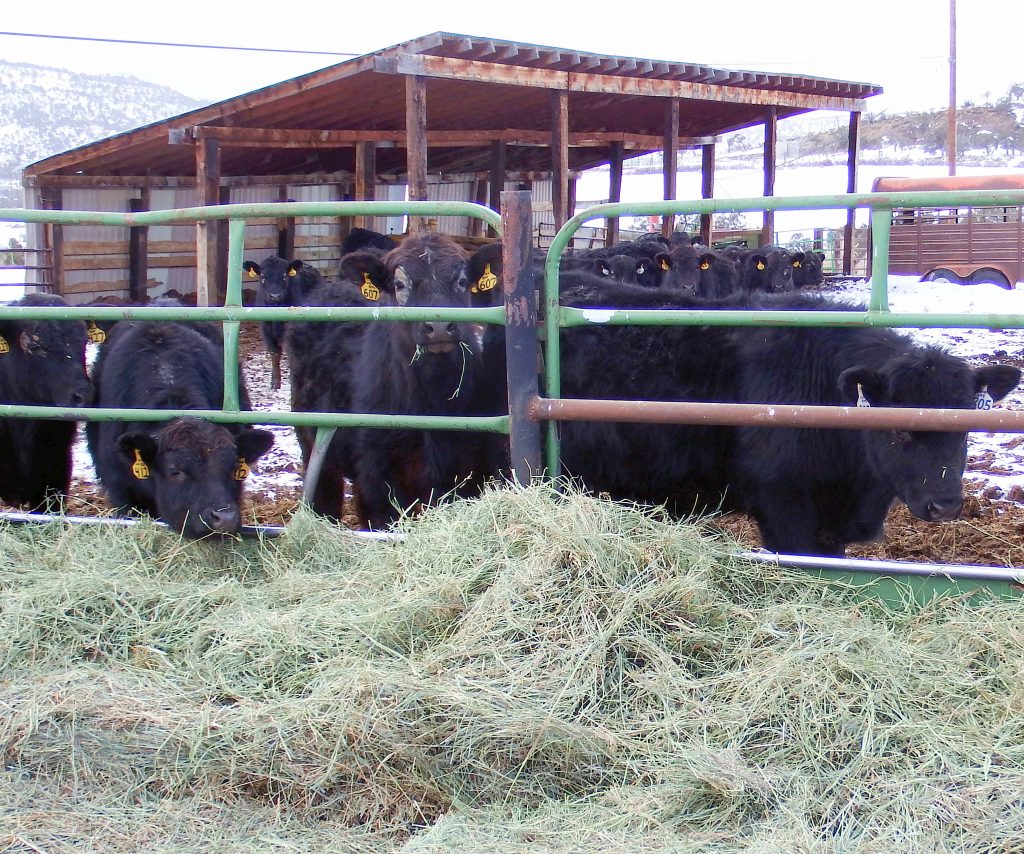“Contrary to characterizations by the press regarding my career, in leading a nonprofit, public-interest law firm based in Colorado, I represented those left behind when the tourists depart: the men, women, families, and communities that ranch, log, mine, explore for energy, or otherwise must depend on the federal lands that surround them.”
William Pendley Perry
William Perry Pendley: Rebutting a popular myth about my position on public lands
Since President Donald Trump appointed me as the Bureau of Land Management’s deputy director for policy and programs where I “exercise the authority of the director,” my 43-year legal career and 30 years representing Westerners have been scrutinized.
Public accountability is important in public service, as I am entrusted with upholding the values of this public institution in an ethical and legal manner. But, recent attacks on my character and misrepresentations of my past require that the record be set straight. Timothy Egan’s slapdash screed in the New York Times, on August 16, “The Great Western Public Land Robbery,” is such a piece.
The Trump administration is crystal clear in its opposition to any wholesale disposal or transfer of federal lands. Secretary of the Interior David Bernhardt is steadfast in that opposition, and, as a proud member of the Trump administration, I am as well. I am a Marine, and the oath I swore on July 15, 2019, to uphold the laws and the Constitution is as important to me as the one I took upon joining the Corps five decades ago. My fidelity will prove just as strong now as it was then.
The assertion made by Egan that I do not believe in federal or public lands is wholly inaccurate. The federal government owns more than a quarter of the land in this country, primarily in the American West, where I was born and raised and have fished, hunted, hiked, and lived for most of my life. For me, it is a fact of life.
In many Western rural counties, the federal government owns upwards of 90% of the land. We, Westerners, know best that amidst the wide-open spaces we call home are gorgeous national parks, breathtaking wilderness areas, and magnificent wildlife refuges. We know, too, that there are vast, “general purpose” federal lands managed by the U.S. Forest Service and the BLM, which collectively administer more than 400 million acres.
Federal law permits logging, mining, energy development, livestock grazing, and recreation on public lands. Balancing these different uses, pursuant to the Constitution, commands of Congress, and wishes of the American people, is challenging for the federal government and especially the BLM.
Recreation on public lands is fundamental to our mission at BLM, and the argument that I somehow seek to deny others such opportunities is completely baseless. Like myself, those who sought my professional legal assistance have a special relationship with these lands: Millions of families — like many of my former clients — will remain on and about land that others visit as tourists or passersby.
Contrary to characterizations by the press regarding my career, in leading a nonprofit, public-interest law firm based in Colorado, I represented those left behind when the tourists depart: the men, women, families, and communities that ranch, log, mine, explore for energy, or otherwise must depend on the federal lands that surround them.
Over the years, I represented people who could not afford to hire an attorney in their dealings with the federal government. I never argued that federal lands should belong to the states or my clients; that would have been silly, illogical, and, for those in their state of desperation, futile. Rather, I read and sought to apply the Constitution, federal statutes, rules, and regulations to the facts of my client’s case.
Free Range Report
Thank you for reading our latest report, but before you go…
Our loyalty is to the truth and to YOU, our readers!
We respect your reading experience, and have refrained from putting up a paywall and obnoxious advertisements, which means that we get by on small donations from people like you. We’re not asking for much, but any amount that you can give goes a long way to securing a better future for the people who make America great.
[paypal_donation_button]
For as little as $1 you can support Free Range Report, and it takes only a moment.




I’am sorry, I don’t trust you with our public lands legacy